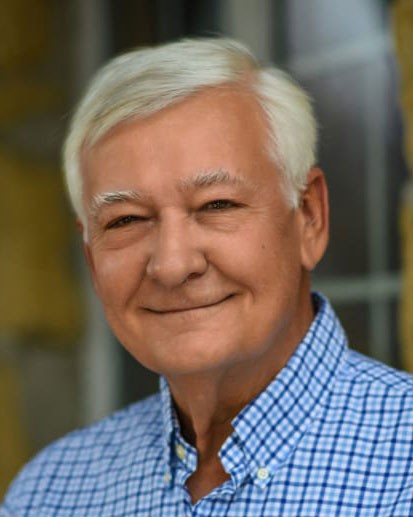
In reference to OA15.03: Antitumor Activity of Amivantamab in Patients with MET Exon 14 Skipping Mutation: Initial Results from the CHRYSALIS Study presented by Dr. Alexander Spira.
Tyrosine kinase inhibitors (TKIs) are great, but they are not the holy grail of lung cancer therapy. TKIs eventually become partially or completely ineffective, due to treatment-acquired resistance. We have learned from studying HER2 in breast cancer that antibodies can target an oncogene’s mutation. This could also be true for lung cancer and these biologic agents may provide broader coverage.
Antibodies have proven to be a viable alternative for patients with MET Exon 14 skipping mutations when TKIs stop working, provided there is MET surface expression on the outside of the cells. MET exon14 mutations can exist and progress without a MET surface expression, however, which is something that I recently learned. That puts some patients back in unchartered territories.
New drugs are slow to make it to the clinic and so I believe that the near future of MET and other cancer treatments is combination therapy. TKIs don’t just quit working; rather, many times, they start to lose effectiveness. It bears asking, however, why stop a drug that is still 90% effective? Combining a TKI with and antibody could prove to be a powerful combination. This combination has the potential for a synergistic response better than either of the drugs taken separately. I am optimistic this combination will be pursued in the near term.
It should be noted, however, that antibody therapy takes several initial and regular injections for antibody accumulation. This is the general nature of antibody therapy. Patients should know what to expect. Patients should also be aware of the typical side effects regarding amivantamab, the majority of which are related to the body’s reaction to the initial infusion. Spreading out the initial infusion over the period of 2 days seems to help, and once the treatment is started, it is very tolerable.
One important point that I wanted to mention is that traveling to a central location for this kind of a clinical trial is a heavy burden for any patient. There are financial costs (eg, travel and parking), but the negative effects on family are the most significant. The frequency is onerous. Once the treatment is approved, however, most of this will go away because patients will get local accessibility to the treatment. Finding an alternate means of delivering the drug outside of intravenous administration will be important to improve patient quality of life.
